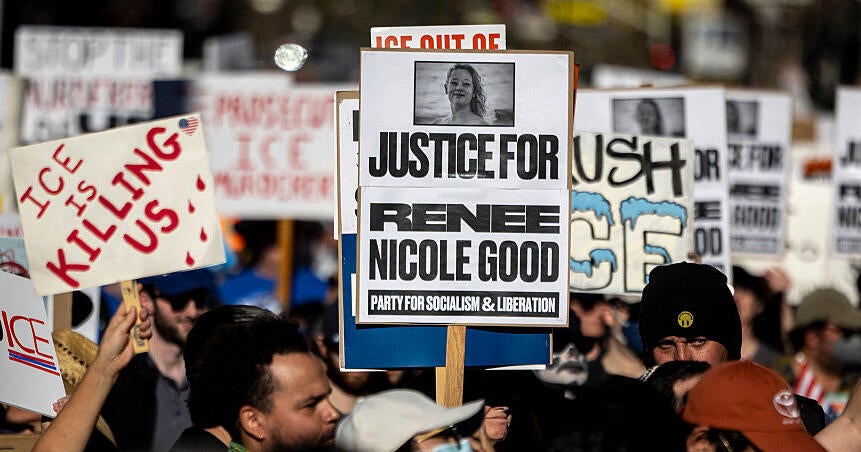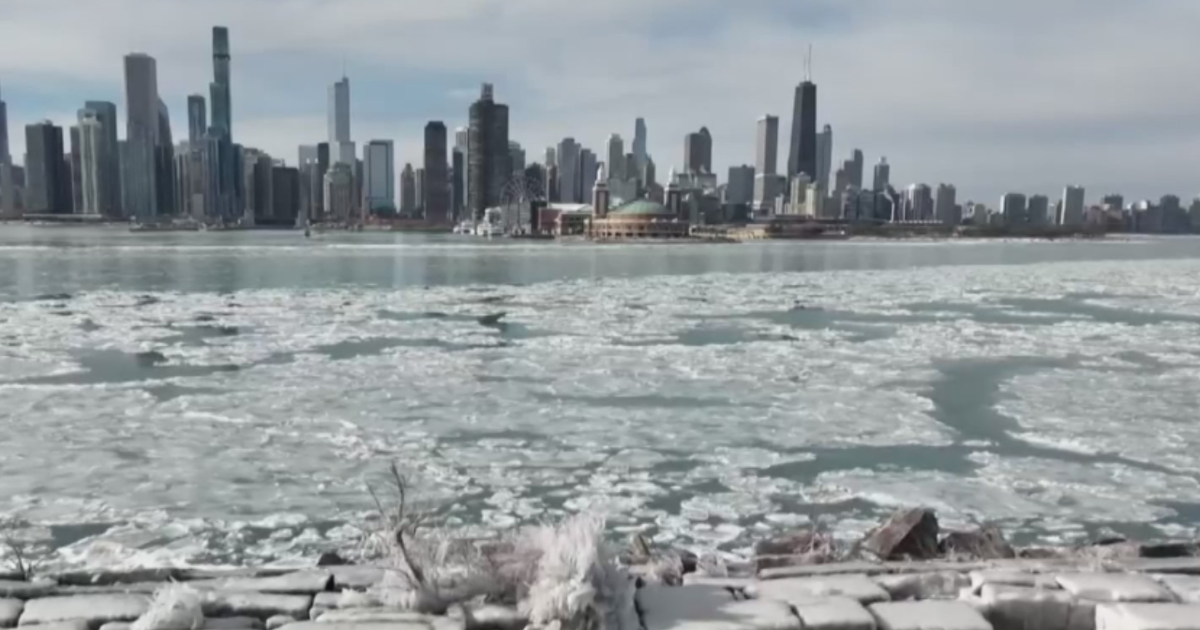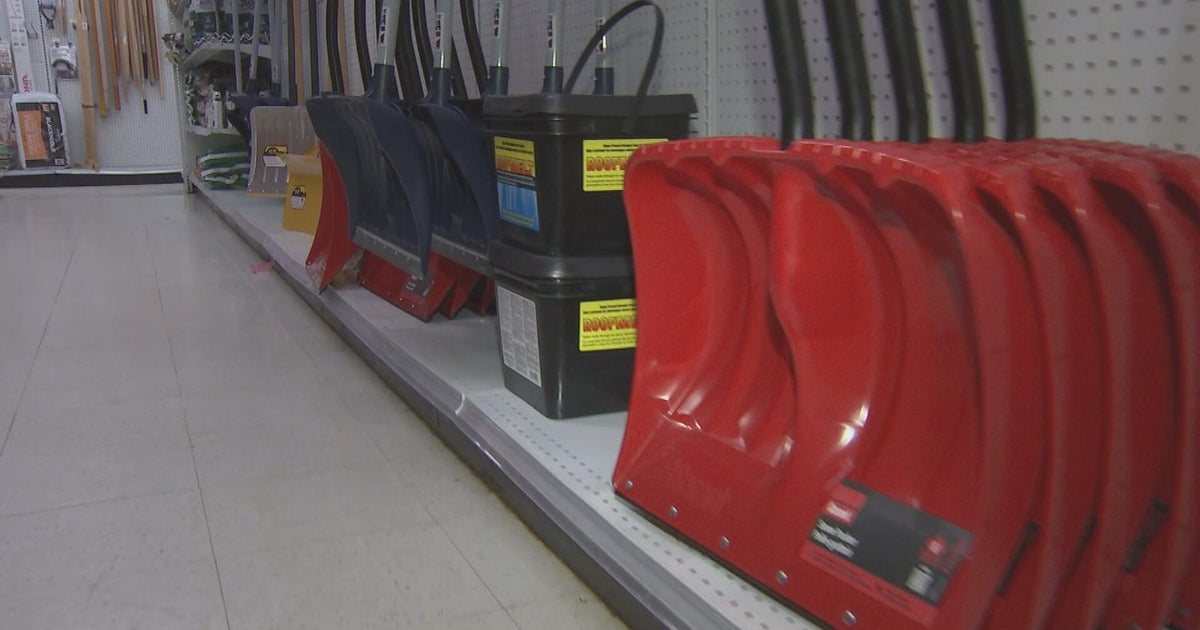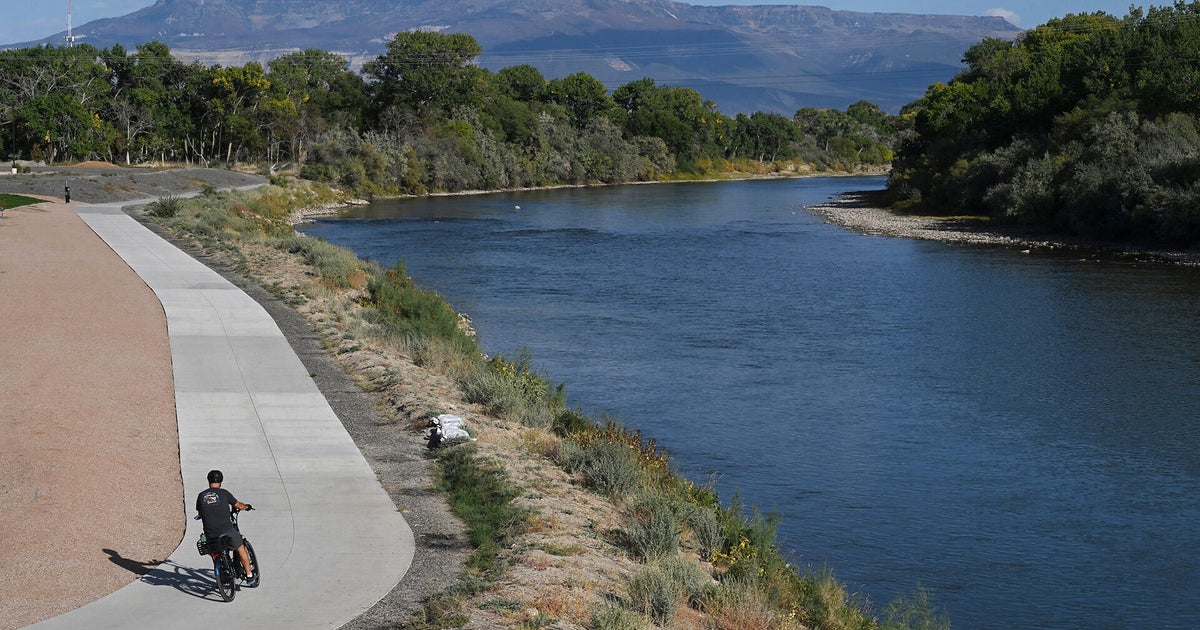Climate Change Is Slowly Prolonging Allergy Season In Minnesota
MINNEAPPOLIS (WCCO) -- Spring is a welcome sight for many Minnesotans.
But for allergy sufferers, it can be a struggle. And climate experts say allergy season is likely getting worse over time.
"I have like a very clogged nose, makes it very hard to breath out of the nose," said Chase Jamison of Andover.
The growing season, from the last freeze in the spring to the first freeze in the fall, is getting longer. By two to three weeks over the last five or six decades.
"Longer growing seasons mean more potential to produce additional pollen, which can mean worse allergy seasons," said climatologist Kenny Blumenfeld with the Minnesota DNR state climatology office.
It's not just that the growing season is getting longer, there's something else going on that could be making allergy season more intense.
"With more carbon dioxide in the atmosphere, you can then have higher pollen production," Blumenfeld said. "That might be why some people are suffering more."
"We know that climate change affects the pollen season, not just the length but also the pollen counts, making the allergy sufferers more miserable," said Dr. Pramod Kelkar, an allergist at Allina Health.
And when that happens, Kelkar's office fills up.
"Yes. We are seeing more and more patients suffering from allergies," Kelkar said.
And if that's you, there's something you can do right now to help yourself.
"Antihistamines will work better if you start them a little ahead of time," Kelkar said.
Over the counter pills, sprays and eye drops won't work for everyone. Some need allergy testing or shots.
But Kelkar has a few more ideas to keep up your sleeve.
"The simplest fix is actually doing a sinus rinse or neti pot once a day," Kelkar said. "I tell patients you have to do it like brushing your teeth."
Kelkar thinks symptoms will start popping up when the weather warms up again this weekend.







